What are polyphenols?I'm sure you've heard plenty about the health benefits of polyphenols, but do you know what they are? Polyphenols are naturally occurring compounds found in plants. Polyphenols give plants a certain color or taste and they generally serve the plant by defending it against ultraviolet radiation and agressive pathogens. Towards the end of the 20th century, epidemiological studies started showing that a diet rich in polyphenols may offer some protection from cancer, cardiovascular diseases, diabetes, osteoporosis, and neurodegenerative diseases. Reference. What are the health benefits of polyphenols?When eaten, they have an antioxidant and anti-inflammatory effect on the body. The most consumed type of polyphenols is flavonoids. Flavonoids are known for their antioxidant and anti-inflammatory effects. They help neutralize free radicals in the body and can help buffer against toxin exposure and diets high in unhealthy fats. Flavoinoids are found in many fruits, including apples, citrus, grapes, and plums and also in tea, coffee, and wine. Polyphenols also have a reciprocal relationship with the beneficial bacteria in our gut. Only five percent of polyphenols are readily absorbed in the small intestine. Reference. The rest pass through to the colon where gut bacteria break polyphenols down into metabolites which increases the bioavailability, or absorption of the polyphenols. Polyphenols benefit the gut bacteria by inhibiting pathogenic bacteria and stimulating the beneficial bacteria. They may also act as a prebiotic, feeding the beneficial bacteria. This is because polyphenols are usually attached to a fiber, which carries them through to the colon to be ingested by bacteria. The fiber can either support or suppress the bacteria that breakdown and access the polyphenols. There’s still a lot to learn about the relationship between the two. So, it’s more complicated than just making sure you eat foods containing polyphenols. How available are polyphenols to our bodies?Polyphenols are absorbed in varying amounts depending on the type, how they're prepared (cooked, raw, steamed, boiled, fried, etc., and how they've been stored. For example, cooking onions and tomatoes can reduce polyphenol content by 75 - 85%. Microwaving or frying foods also causes a loss of polyphenols. Some foods increase the availability of polyphenols as they age, such as tea and wine, but in fruits the amount of polyphenols decreases. It's different for each food, which makes it difficult to know how much benefit we get. With that it mind, it's important to eat a wide variety of foods containing polyphenols. For most foods there are more health benefits in the polyphenol foods than just those associated with polyphenols. Be sure to read my Farmer's Market Friday weekly articles for more on the health benefits of whole foods. Six Ways to Add Polyphenols to Your Diet1. Tea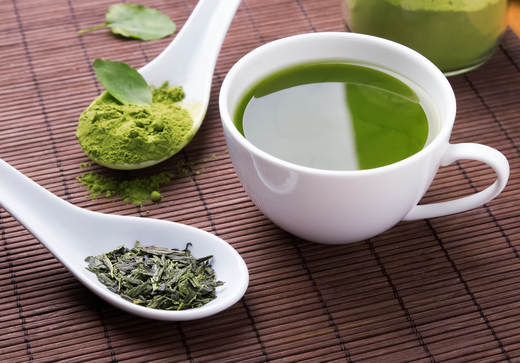 Tea has been used traditionally in Chinese herbal medicine. Sheng Nong, considered to be the father of Chinese herbal medicine, is said to have claimed that tea can detoxify the body of 72 poisons. There is modern evidence to support tea having a variety of health benefits, many due to its high polyphenol content. The increase in diversity of gut bacteria due to the polyphenols in tea may also prevent obesity in some people. Black and green tea are considered best for digestion and the health of the microbiome. Black teas contain polyphenols that have anti-cancer and antifungal properties. Fermented black tea like pu’erh has been shown to help with weight loss. Semi-fermented tea, such as oolong has been shown to prevent DNA damage due to it’s antioxidant properties. Green tea can be consumed in leaf form or in a concentrated powder form, known as matcha. Green tea can affect the way the body handles glucose and can help with weight loss. Green tea contains catechin which is a type of flavonoid, which helps to regulate energy and fat along with caffeine. Drinking green tea may even help the body combat negative effects that come with a diet high in unhealthy fats, although I would recommend avoiding the unhealthy fats when you can! Read more here. 2. Chocolate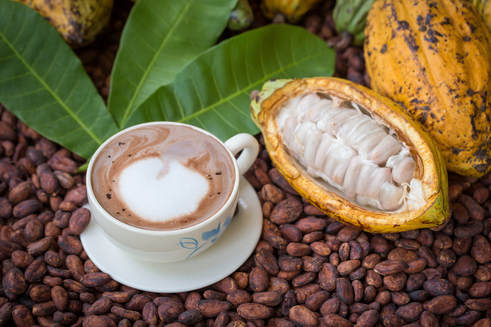 Ripe cacao pod and beans with hot chocolate. Ripe cacao pod and beans with hot chocolate. Chocolate has a host of health benefits stemming from its polyphenol content. The cocoa in chocolate is an antioxidant and a prebiotic. Cocoa comes from the cacao bean and is fermented as part of the chocolate making process. Chocolate has been shown to increase the probiotic bacteria, Bifidobacteria and Lactobacilli, and also inhibit pathogens. Quality does matter! The darker the chocolate, the more percentage of cocoa it contains, thus the more health benefits it has. Try to only eat chocolate that is 70% cocoa or more. Unsweetened raw cocoa powder and cocoa nibs are other ways to get the benefits of chocolate. They can be added to oatmeal or smoothies. Chocolate can also have positive effects on the immune system and the gut associated lymphatic tissue. Some studies have found that cocoa modulates many factors leading to inflammation, giving it an anti-inflammatory effect. Consumed regularly, dark chocolate has also been shown to reduce cortisol and other stress-related hormones. Find a good quality chocolate without a lot of sugar and additives. You’ll find the better the quality, the less you’ll want to eat. Last but not least the cocoa that makes it to your colon can help with glucose levels and the integrity of the gut barrier. 3. Red Wine The next few are very individual. As much as I enjoy a glass of red wine, I haven’t been able to tolerate it much since having kids. I’m almost certain to feel stuffy and to wake up in the middle of the night if I drink it at dinner or later. If you do tolerate red wine, read on! Red wine is full of polyphenols that can promote good gut bacteria. One glass of wine a day has been shown to promote these effects as well as lowering cholesterol. Two glasses of red wine have about the same amount of polyphenols as one cup of berries. Specifically, resveratrol is a polyphenol in wine that has been studied and can also be consumed in supplement form. Resveratrol has a positive effect on blood sugar and is being considered as a treatment for diabetes. 4. Coffee Coffee also has positive and negative effects and many of them seem to be bio-individual. Coffee is a great source of polyphenols and antioxidants. Similar to tea, coffee can support weight loss and a healthy microbiome. There are some studies suggesting that coffee reduces the chances of contracting Parkinson’s disease by reducing intestinal inflammation. Some studies even show that the polyphenols in coffee can boost fat burning while you sleep. On the negative side, some people with gut health conditions find their condition irritated by coffee. It can be a trigger for heartburn and can increase the feeling of stress and anxiety. Drinking too much can also be taxing to the adrenals. You probably know whether the positives outweigh the negatives for you personally. Drink coffee in moderation and limit it if you know it’s not for you! 5. Fruits and Vegetables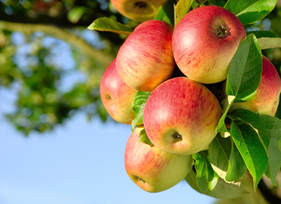 Eating a wide variety of fruits and vegetables every day and with the seasons is the healthiest way to get your polyphenols. Apples are rich in polyphenols, and many of them make it to the colon to feed the gut bacteria. Citrus fruits are full of flavonoids that are have both antioxidant and anti-inflammatory properties. Dark colored berries, broccoli, plums, and many other fruits and vegetables contain high concentrations of polyphenols. Polyphenols are an important component to the overall antioxidant effect of plant foods. Try to eat the whole fruits or vegetables whenever possible to get all of the polyphenol benefits. There is often a large quantity of polyphenols that exist in the skin. Also, think of eating a rainbow of fruits and veggies to get the greatest variety of polyphenols. 6. Olives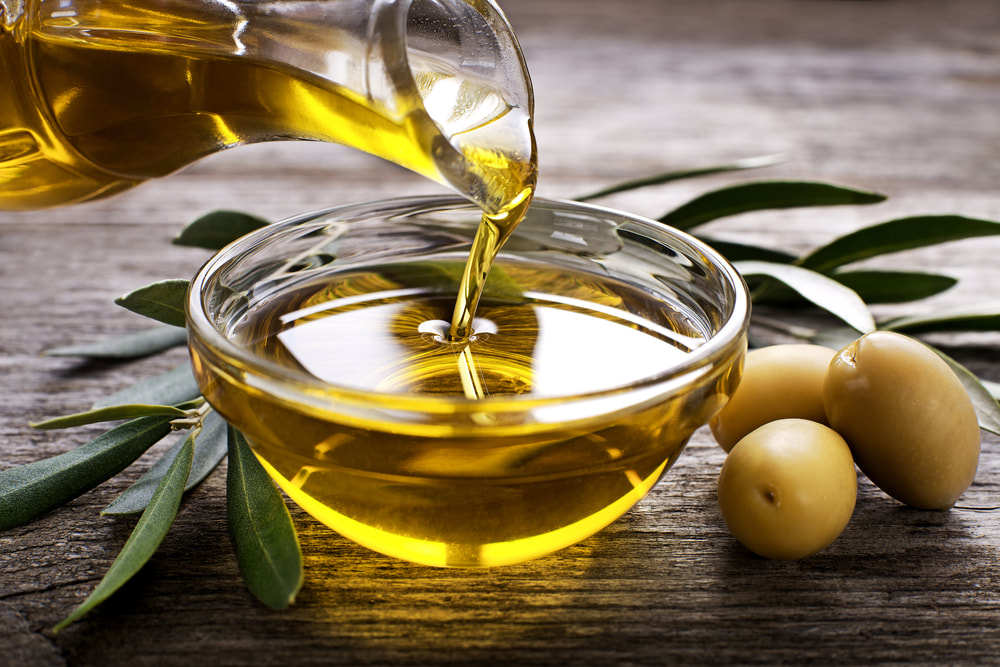 Olives and extra-virgin olive oil have a high concentration of polyphenols. They’re also a great source of healthy fat. The polyphenols in olives and olive oil can increase the amount of bifidobacteria, which produce vitamins and anti-bacterial compounds in the body. Thus olives improve gut health and enhance microbiome function. The phenolic compounds in olives have shown anti-tumor capabilities particularly in the breast, colon and stomach. Ref. and Ref. Olive oil also possesses anti-inflammatory properties and helps with cholesterol synthesis. It’s effect on LDL cholesterol might be due microbial fermentation in the gut. More foods that contain high amounts of polyphenols:
As you can see there are many foods that contain polyphenols! Be sure to vary your diet with the seasons to get the most benefit! What's your favorite way to add polyphenols to your diet? Let us know in the comments below!
1 Comment
3/20/2019 03:33:24 pm
I have heard all these before and I must say I am really amazed. I get distracted when I hear some poorly expressed ideas but when everything is clearly explained and presented to us, it really wouldn't hurt to open up your eyes and ears and just appreciate. I am sure whoever did it had the most pristine of intentions. I don't know, I felt I woke up on the wrong side of the bed again today and the funny thing about it is, I don't even have a decent bed right now. I am sleeping on the floor. Can life get any better than that? When our dreams tend to be better than reality, life can sometimes be too easy. We just need to learn how to sleep.
Reply
Leave a Reply. |
Click below to join my FREE Facebook Group-
Women's Wellness Circle: Create Your Extraordinary Life AuthorHi, I’m Crystal! If you'd like to access my Farmer's Market Friday posts from 2018, click here!
Categories
All
|

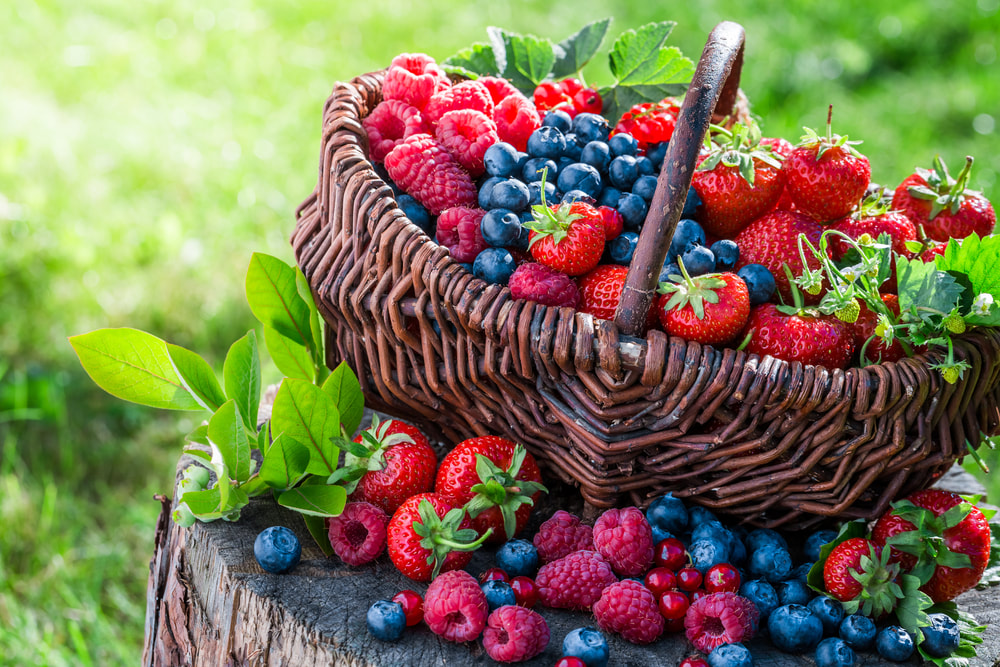
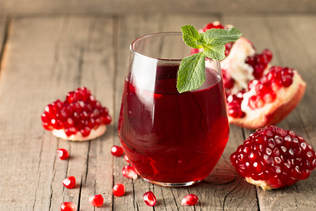
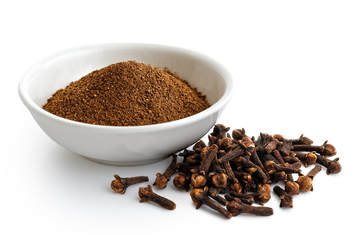

 RSS Feed
RSS Feed